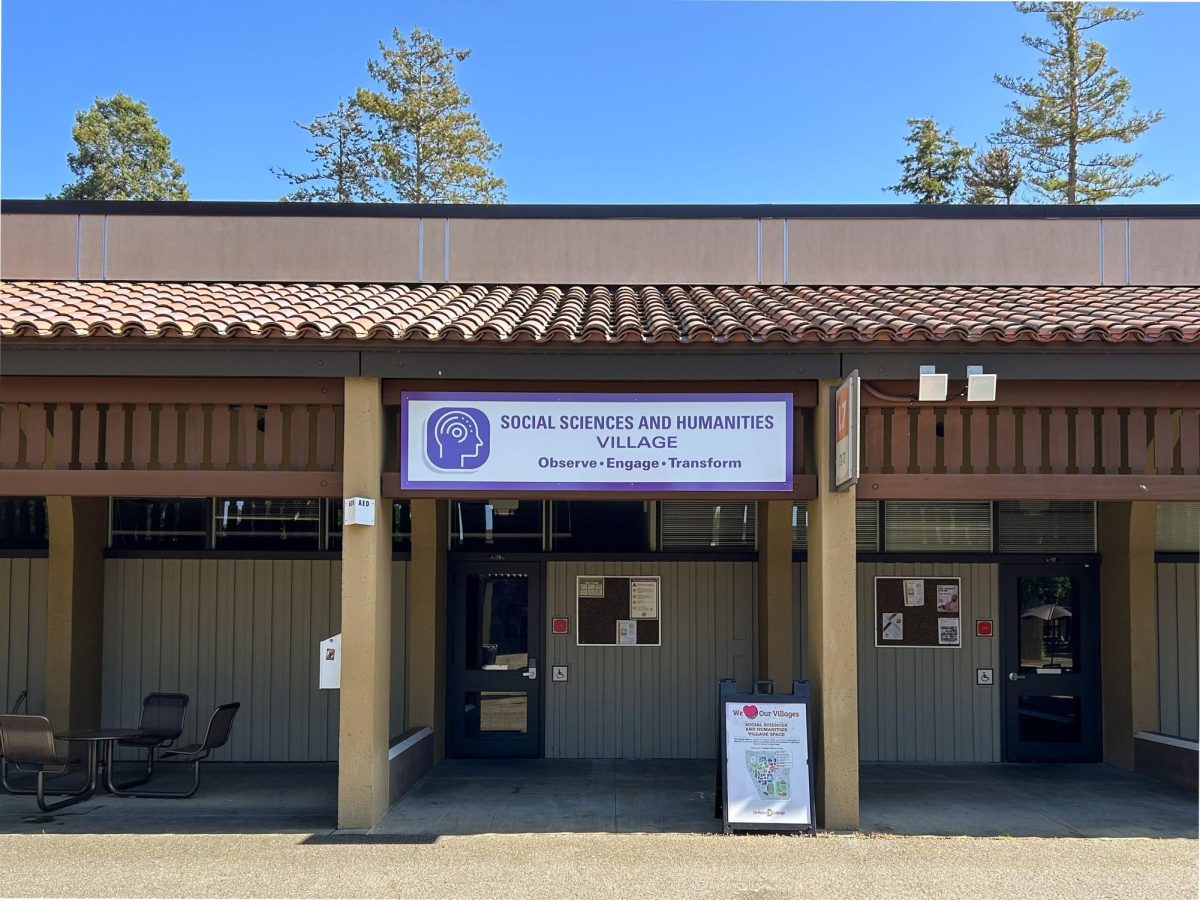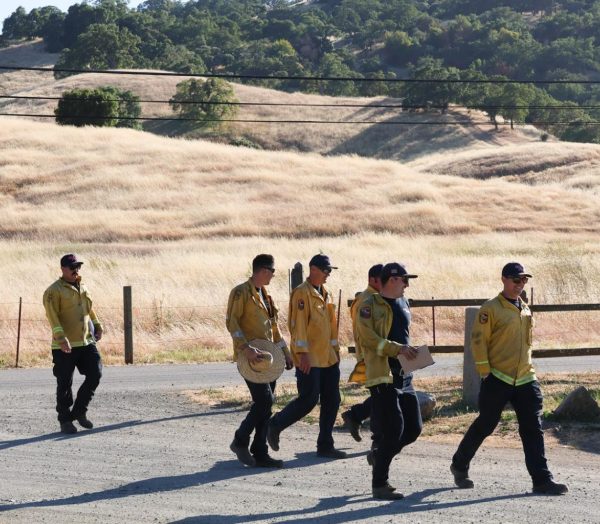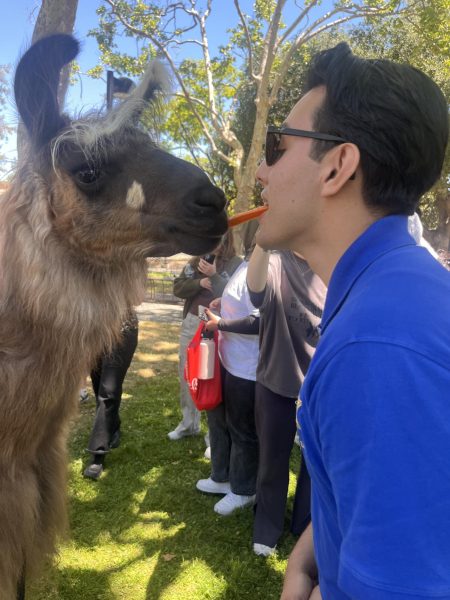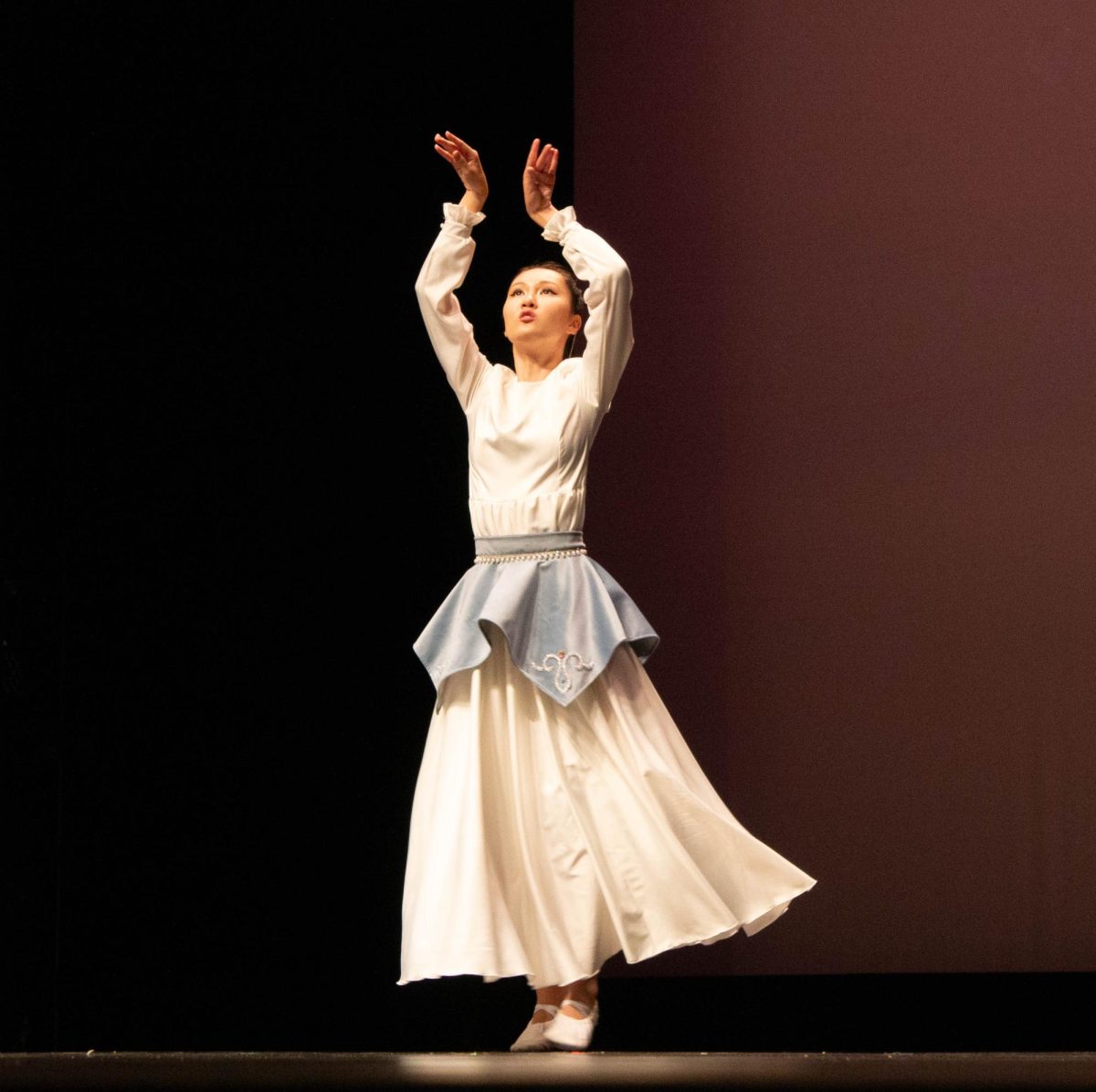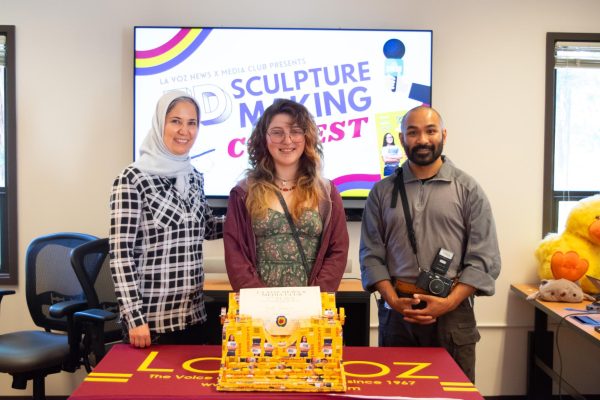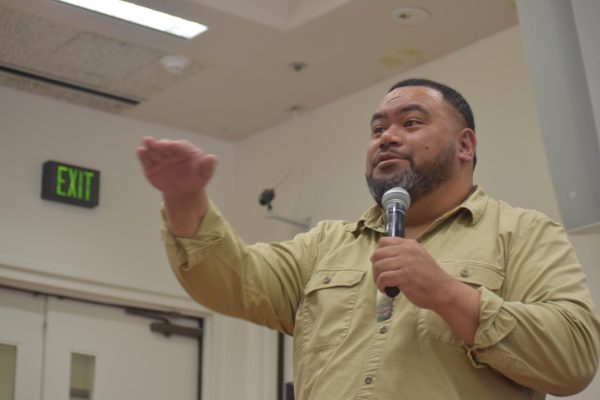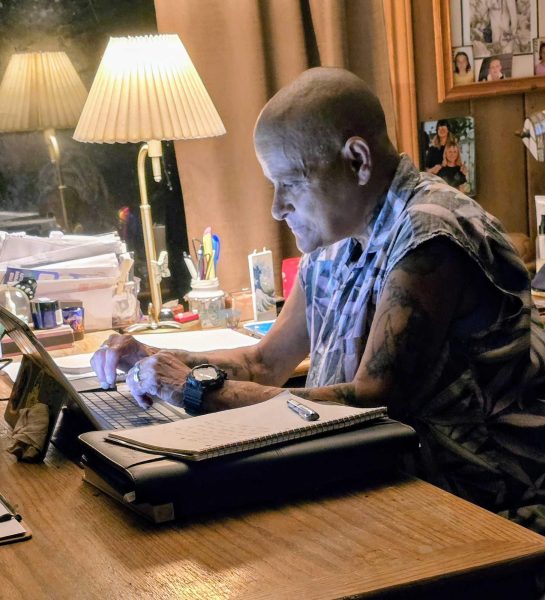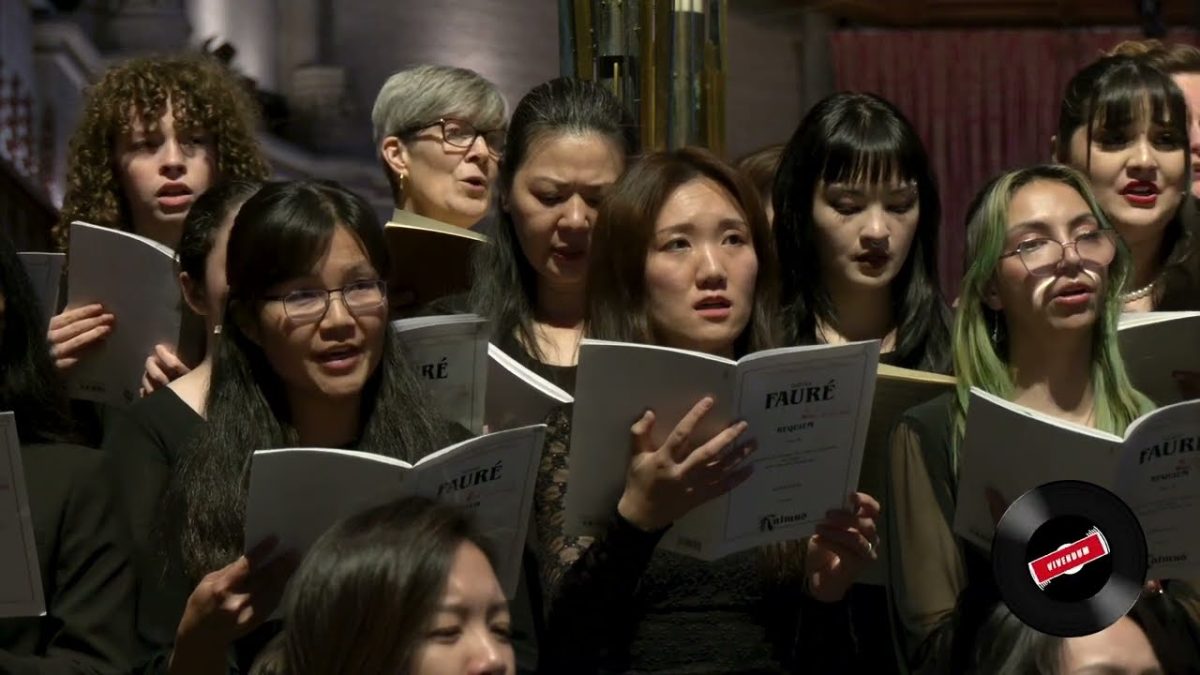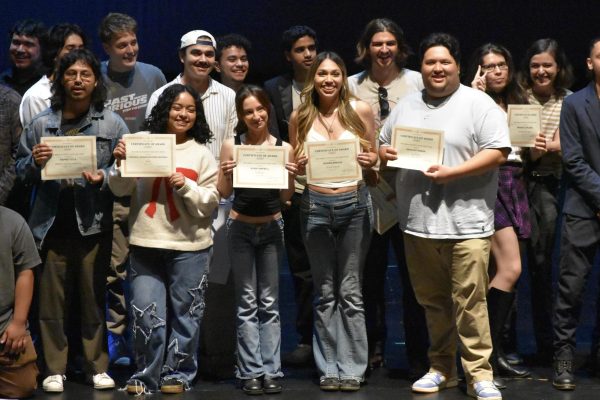College President Brian Murphy should not politicize campus

October 9, 2016
Educating and advocating are two entirely different things, and De Anza College President Brian Murphy does not appear to understand that. From politically charged statements during De Anza’s Opening Day ceremony, to his op-ed to the San Jose Mercury News, Murphy has taken the initial steps toward politicizing De Anza’s campus.
While it is OK for politics to be discussed or even advocated by students when in the classroom, faculty and staff are rightfully barred by law from using public resources to carry out political advocacy. Murphy skirted these restrictions during his speech in the VPAC.
At the Opening Day ceremony for De Anza College on Sept. 23, Murphy and various faculty members took the time to honor long-time staff and to promote new policies in student government. Murphy took several minutes to talk about the renewed push to focus on students registering to vote and participating in the voting process.
“We have to admit that it is a difficult and tension-laden election,” Murphy said. “There are one or two elements of it that bear calling out.”
Those elements involved the treatment of minorities and how that affects the classroom, a clear allusion to presidential candidate Donald Trump, who has made controversial comments regarding minorities and assorted issues in the United States.
“Members of our community, especially Latinos and Muslim-Americans may be feeling pressure, anxiety, legitimate fear,” Murphy said. “That is going to affect your classroom. It is silly to pretend otherwise. It is not partisan to admit that.”
Murphy turned the Opening Day ceremony into ‘De Anza Votes 2016,’ encouraging Democratic policies and shunning anything Republican.
This isn’t the first time Murphy has stepped into the limelight, advocating politicizing higher education. He wrote an op-ed to the San Jose Mercury over the summer, encouraging higher-education leadership to take a political stance in the wake of Donald Trump’s comments.
“Are those of us in the public sector to remain silent for fear of appearing partisan?” Murphy wrote in the op-ed. “Are we supposed to accept patently unconstitutional proposals simply because they are now the public currency of a campaign?”
No, Brian Murphy. Those in the public sector are to remain silent because they are not supposed to act as private entities while serving the public.
During a student panel that was held at the ceremony, Murphy attacked campus open-carry laws in Texas, despite the fact those laws have no bearing on California politics.
“I spoke with a friend of mine who is the president of a community college in Texas, and he has two issues,” Murphy said. “One is that there is a campus divided between those who support one presidential candidate and those who support the other, and they do so with great emotion. And in Texas, it’s an open-carry state. He’s anxious. All the stakes are immediately pretty high.”
As the college president, Murphy should encourage education and participation of the political system, but what he must not do is favor one political ideology over another through platforms available only because of public sector responsibilities. Schools exist to teach, not to opinionate.
Texas gun laws have no bearing on De Anza, and promoting a Democratic agenda by emailing one’s op-ed to the entire De Anza faculty is at the least over-zealous and at the most borderline code-breaking.
As the college president, Murphy is free to express his opinion – just not at work. He can encourage political education, but he can not advocate for one candidate, no matter how extreme the opponent’s platform is.
In order to promote open dialogue, objective critical thinking must be encouraged. Otherwise, the end result will be a generation that may become irrationally offended at the mere existence of ideas contrary to their opinions, a situation already underway in certain schools.
Being tolerant of various social groups does not grant a special privilege to be intolerant of those with ideas that could be perceived to be radical or reactionary.
As college president, it is his job to oversee the education of college students, not to advocate for a candidate based on your narrow understanding of politics in the United States. There is a time and place for political advocacy. Having a representative democracy gifts us with unique rights that many other countries do not have — precisely that we have a right to freedom of speech, but ultimately educational policy dictates that such a freedom must be limited when public servants utilize school resources.
Murphy knows this better than anyone, as evidenced by his statement that his words were “not partisan,” yet he fails to understand that followers of Trump – or even non-Trump Republicans – should not feel politically uncomfortable in the context of an educational ceremony, especially if it is the result of the leadership of an education establishment.









